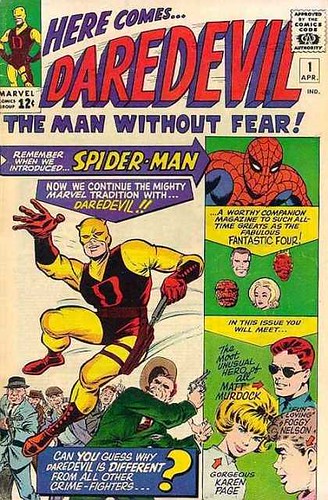Can anyone develop the keen senses of the blind?
.Seems so. It’s the result of more practice:
“There have always been these two competing ideas about why blind people have a better sense of touch,” explains Daniel Goldreich, corresponding author and a professor in the Department of Psychology, Neuroscience & Behaviour. “We found that dependence on touch is a driving force here. Proficient Braille readers—those who might spend hours a day reading with their fingertips—performed remarkably better. But blind and sighted participants performed equally when the lips were tested for sensitivity.”
And:
Not only did blind participants do better than their sighted peers, but Braille readers, when tested on their readings hands, outperformed nonreaders who were also blind. For Braille-reading participants, their reading fingers were more sensitive than their non-reading fingers.






